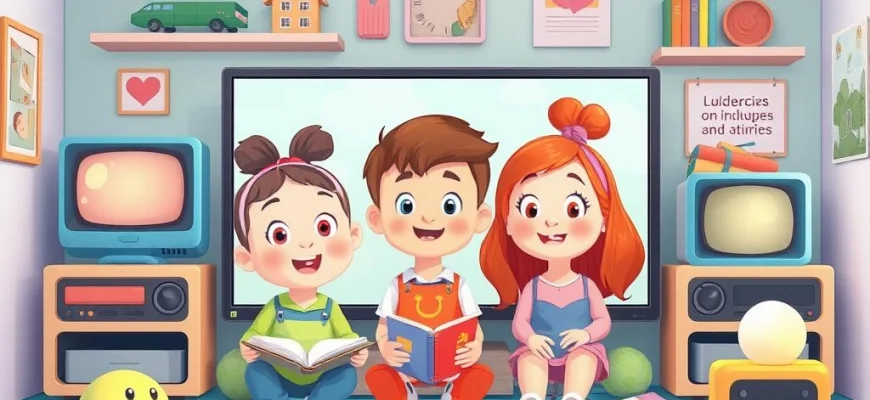If your little ones love the playful and educational adventures of 'Word Party,' they'll be thrilled to discover more shows that blend fun with learning. This article highlights 10 similar movies and TV shows that feature adorable characters, engaging storytelling, and valuable lessons for preschoolers. Whether it's singing, problem-solving, or exploring new words, these picks will keep young minds entertained and growing.
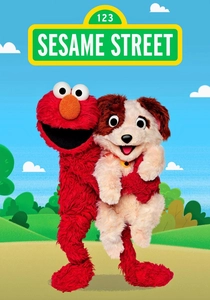
Sesame Street (1969)
Description: A long-running educational children's show that combines live-action, animation, and puppetry to teach basic concepts like letters, numbers, and social skills in a fun and engaging way.
Fact: Sesame Street was one of the first children's shows to use research-based curriculum and has won more Emmy Awards than any other children's program.
 Watch Now
Watch Now 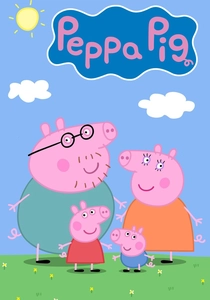
Peppa Pig (2004)
Description: A charming animated series that follows a young pig and her family through everyday adventures, teaching simple life lessons and social skills with humor and warmth.
Fact: Peppa Pig's simple animation style and relatable family dynamics have made it one of the most successful preschool shows worldwide, with merchandise sold in over 180 countries.
 Watch Now
Watch Now 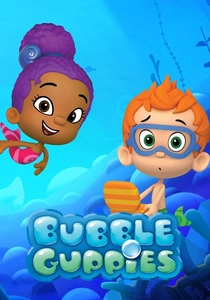
Bubble Guppies (2011)
Description: A musical preschool series set underwater that combines animation with live-action puppetry to teach educational concepts through songs, stories, and interactive elements.
Fact: Bubble Guppies was created by the same team behind Blue's Clues and uses a similar interactive format to engage young viewers in learning.
 Watch Now
Watch Now 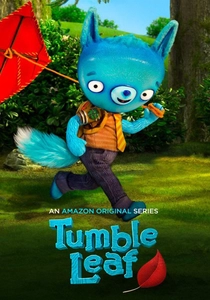
Tumble Leaf (2013)
Description: A stop-motion animated series that follows a blue fox and his animal friends as they discover and explore the natural world through play and simple science concepts.
Fact: Tumble Leaf won multiple Emmy Awards for its beautiful animation and gentle, exploratory approach to preschool education.
 Watch Now
Watch Now 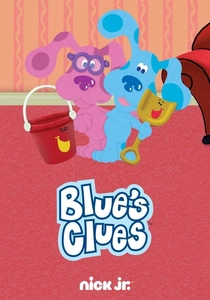
Blue's Clues (1996)
Description: An interactive educational series that encourages young viewers to solve simple puzzles and problems alongside the host and animated characters, fostering critical thinking and participation.
Fact: Blue's Clues was groundbreaking for its use of pauses to allow children time to respond to questions, creating a more engaging viewing experience.
 Watch Now
Watch Now 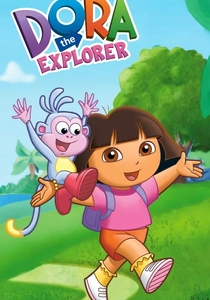
Dora the Explorer (2000)
Description: An animated adventure series designed to teach preschoolers basic Spanish, problem-solving, and interactive skills through a young girl's explorations and quests.
Fact: Dora the Explorer was one of the first children's shows to feature a Latina protagonist and became a cultural phenomenon, spawning numerous spin-offs.
 Watch Now
Watch Now 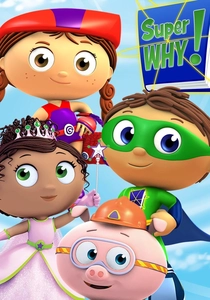
Super Why! (2007)
Description: An educational animated series that takes children into storybooks to solve problems using early reading skills like letter recognition and word decoding.
Fact: Super Why! was developed with input from literacy experts and was part of PBS's effort to improve early childhood literacy rates.
 Watch Now
Watch Now 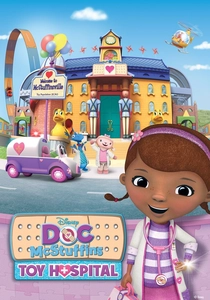
Doc McStuffins (2012)
Description: An animated series about a young girl who can 'fix' toys and stuffed animals, teaching children about health, empathy, and problem-solving through imaginative play.
Fact: Doc McStuffins was praised for promoting diversity in children's programming and for inspiring many young girls to consider careers in medicine.
 Watch Now
Watch Now 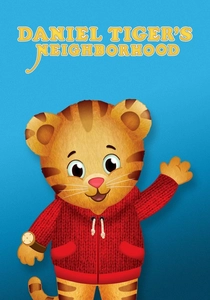
Daniel Tiger's Neighborhood (2012)
Description: An animated series that teaches social-emotional skills through the adventures of a young tiger and his friends, using songs and relatable scenarios to model positive behavior.
Fact: The show is a spin-off of Mister Rogers' Neighborhood and continues Fred Rogers' legacy of teaching emotional intelligence to young children.
 Watch Now
Watch Now 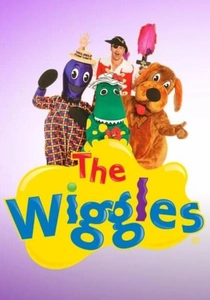
The Wiggles (1998)
Description: A musical live-action children's group that combines songs, dances, and simple educational concepts to engage young viewers in active participation and learning.
Fact: Originally formed by early childhood educators, The Wiggles became one of Australia's most successful entertainment exports, performing for millions of children worldwide.
 Watch Now
Watch Now 
